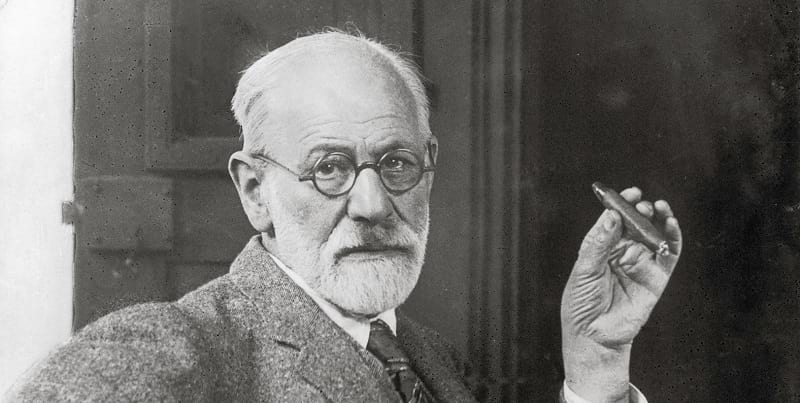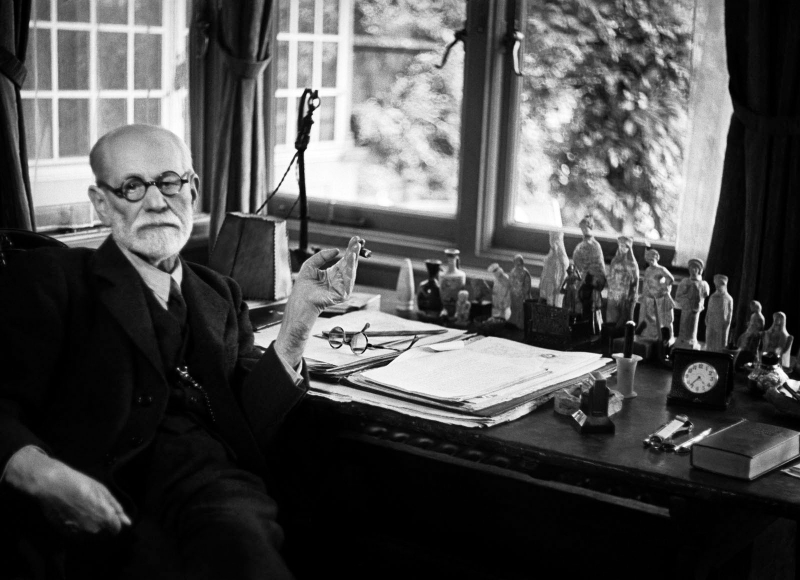Sigmund Freud
Sigismund Schlomo Freud, also known as Sigmund Freud, was an Austrian neurologist and psychologist who lived from 6 May 1856 to 23 September 1939. He was the one who created the psychoanalytic theory and laid its groundwork. He was a significant thinker of the 20th century, despite the fact that his psychoanalytic theory is still debatable and his psychoanalytic techniques are currently being evaluated in comparison to other forms of treatment. He is also regarded as one of the most important historical figures in Austria.
In creating psychoanalysis, Freud discovered transference and created therapeutic methods like the use of free association, establishing its key place in the analytic procedure. The Oedipus complex was developed by Freud as the core idea of psychoanalytic theory as a result of his expansion of the notion of sexuality to encompass its infantile manifestations. He developed models for the clinical investigation of symptom generation and the underlying mechanisms of suppression using his understanding of dreams as desire fulfillments. Based on this, Freud developed his theory of the unconscious and a model of psychological structure that included the id, ego, and superego.
Psychoanalysis continues to have a significant impact on psychology, psychiatry, psychotherapy, and the humanities while being in general decline as a diagnostic and clinical practice. Thus, it continues to spark intense debate over its therapeutic effectiveness, its standing in science, and whether it helps or hurts the feminist cause. Despite being a hotly debated topic, Freud's legacy has been described as "one of the strongest influences on twentieth-century thought, its impact comparable only to that of Darwinism and Marxism," with its range of influence permeating "all the fields of culture ... so far as to change our way of life and concept of man."









